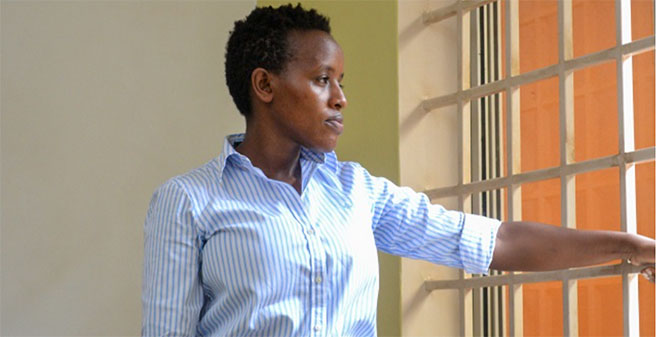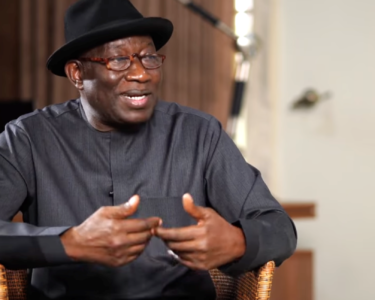Ugandan Activist Tortured After Detention
Found at Uganda-Tanzania Border
Summary
- Ugandan activist Agather Atuhaire was found on May 22, 2025, at the Uganda-Tanzania border with signs of torture after being detained in Tanzania.
- She was arrested in Dar es Salaam on May 19 alongside Kenyan activist Boniface Mwangi while attending opposition leader Tundu Lissu’s treason trial.
- Both reported being chained, blindfolded, and beaten during detention; Atuhaire had swollen legs from alleged beatings.
- Regional rights groups condemned Tanzania’s actions and accused President Samia Suluhu Hassan of growing authoritarianism.
Kampala — Ugandan human rights activist and award-winning journalist Agather Atuhaire was found late on May 22, 2025, abandoned at the Uganda-Tanzania border in Mutukula, bearing visible signs of torture. Her organization, Agora Discourse, confirmed her release after days of incommunicado detention by Tanzanian authorities.
Atuhaire, a respected lawyer and recipient of the International Women of Courage Award, was arrested on May 19 in Dar es Salaam alongside prominent Kenyan activist Boniface Mwangi. The pair had traveled to Tanzania to observe the trial of opposition leader Tundu Lissu, who faces treason charges for allegedly inciting an election boycott ahead of Tanzania’s October 2025 polls.

Despite being lawfully admitted into Tanzania, Atuhaire and Mwangi were blocked from attending the hearing and detained under murky circumstances. Tanzanian authorities initially claimed they would be deported by air, but instead, both activists were later discovered abandoned, Mwangi at the Kenya-Tanzania border on May 21, and Atuhaire in Mutukula a day later.
Agora Discourse announced Atuhaire’s release on May 23, stating she had been “dumped at the border” and was now in the care of her family. Jim Spire Ssentongo, the organization’s co-founder, reported that Atuhaire showed clear signs of torture, including swollen legs consistent with beatings. She has not yet spoken publicly about her ordeal, but sources close to her say she is in pain and struggling to walk.
Mwangi, speaking from Nairobi, offered a chilling account of their captivity. He described being chained, blindfolded, stripped, and severely beaten. He recalled hearing Atuhaire in agony during their detention, and claimed that a security officer had ordered their torturers to administer a “Tanzanian treatment”—a phrase he interpreted as a command for brutal punishment.
Neither the Tanzanian government nor its police or immigration services have issued a formal response to the allegations. However, President Samia Suluhu Hassan had warned just days earlier that foreign activists would not be permitted to “meddle” in Tanzanian affairs or incite “chaos.” Critics argue that her administration, despite initially promising democratic reforms, has reverted to heavy-handed tactics, including political arrests and electoral manipulation.
The crackdown has drawn regional backlash. Kenyan authorities protested Mwangi’s detention and the denial of consular access. Several prominent Kenyan figures, including a former justice minister, were also barred from entering Tanzania to attend Lissu’s trial. Rights groups across East Africa have accused Tanzania, Kenya, and Uganda of coordinating efforts to stifle dissent as critical elections approach.
Public outrage has erupted across social media platforms, with users calling for accountability and justice. Uganda’s High Commissioner to Tanzania, Fred Mwesigye, confirmed that Atuhaire had been safely reunited with her family, but the Ugandan government has yet to issue an official statement on the torture allegations.
This incident fits a broader regional pattern of repression. In Uganda, opposition figures such as Eddie Mutwe and Edward Ssebuufu have faced similar abuses, while top military officials have openly boasted about detaining and mistreating government critics. In 2024, opposition leader Kizza Besigye was abducted in Kenya in a move widely condemned as politically motivated.
As Agather Atuhaire begins her recovery, her case has reignited debate over the shrinking civic space and growing authoritarianism in East Africa. With elections looming, the stakes for activists and opposition voices seem higher.







